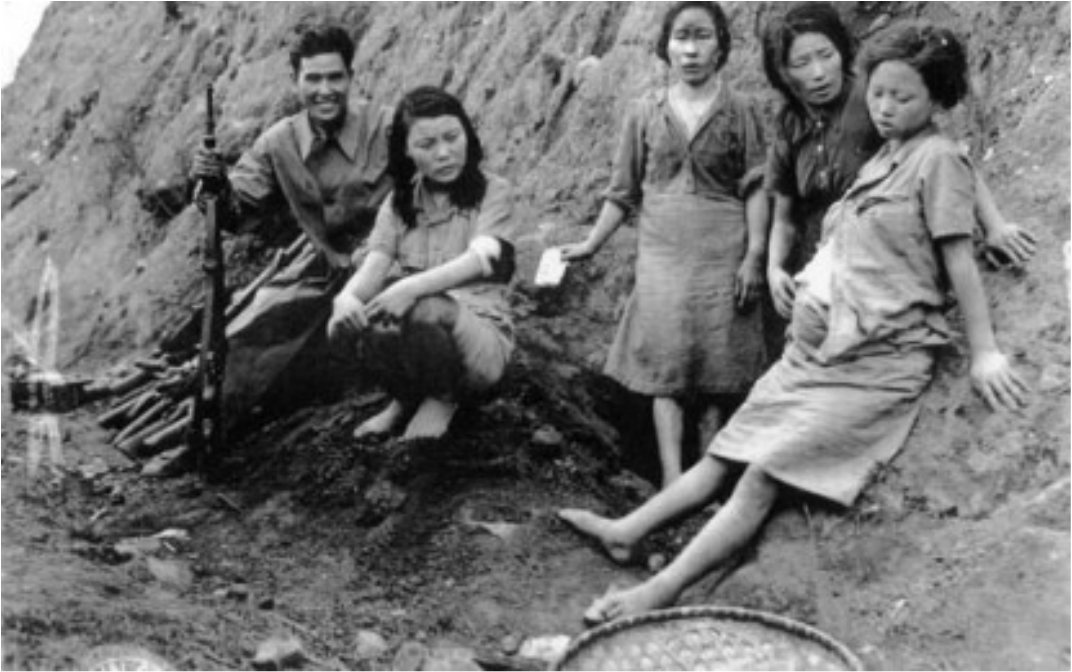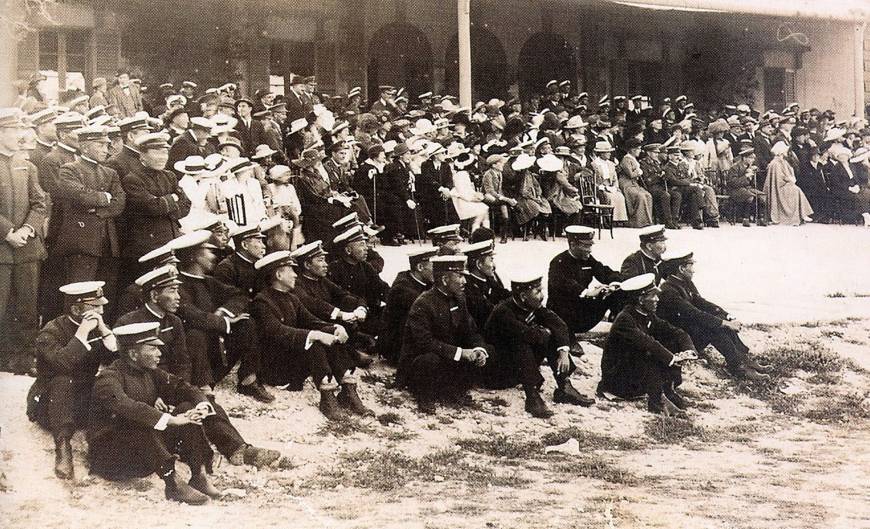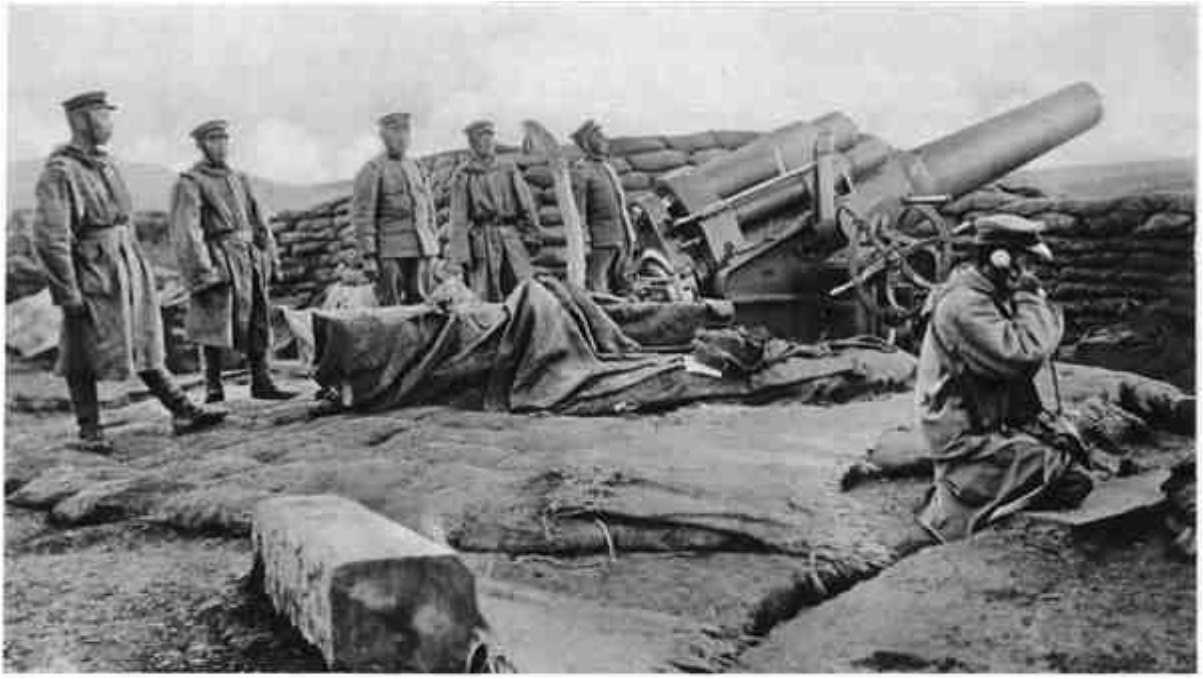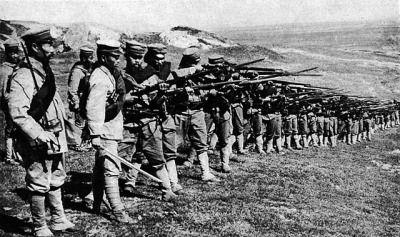Seeking Independence in Europe,
and Around the World,
As Wilson Sees it,
They All Prefer to Fight.
Special to The War to End All Wars.
(25 March) A sad little delegation of Koreans appears at the Peace Conference to ask for their independence.
So reports historian Margaret MacMillan.
In the midst of the peace talks in Paris a century ago, come numerous challenges like this for President Wilson. Challenges big and small. They include but are not confined to large potential states like Ireland and India, and tiny movements like the Korean delegation.

Korean ‘”comfort women” in World War One.
Wilson is being worn down and losing his influence nearly day by day. Nothing was going right in Paris.
One little noted challenge comes from Japan, where according to historian Thomas Fleming, “another American ally found itself confronted by a challenge to this regional imperialist,” Japan.
“Since 1910 the Japanese had ruled Korea as a captive province.
They had deposed the Korean emperor and installed a governor general with autocratic powers that made the Kaiser look like a shrinking violet.
“They banned the Korean language and ordered schools, newspapers, and book publishers to use Japanese.”

Japanese officers in Europe.
Fleming goes on: “The twenty million Koreans were not happy with this destruction of their ancient country and culture, and many defiant souls fled abroad to seek help.”
One man – Syngman Rhee – headed to the United States.
There he listened to the words of President Wilson enunciating his Fourteen Points. Not surprisingly, the one that hits him the hardest is Wilson’s support for self-determination for small states. Rhee and others “soon got the news back to Korea where massive street demonstrations erupt.
Hundreds of thousands of Koreans chanted “Long Live Korean Independence.”
Fleming paints a dramatic picture. “The Japanese responded with six infantry battalions and 13,000 special policemen. They beat, shot, stabbed, hacked, tortured and occasionally burned alive these protesters with exemplary imperial zeal.”

Japanese troops fighting in China.
“The final toll, according to Tokyo, was 7500 killed, 15,000 injured, and 47,000 arrested.”
Koreans use different figures. They claim the death toll should be multiplied by a factor of three, or even more.
“The Japanese announced,” Fleming reports, “that the Koreans seemed to have confused self-determination with independence. They were not the same.”
“Poor Japan was merely trying to keep order in Asia.”
Reports Fleming: “There is no record of Woodrow Wilson’s saying a word on behalf of the massacred Koreans.”

Japanese attack in China.
Add to this, there was still plenty of unrest in Europe. President Wilson’s press secretary had the distinct misfortune of informing the president as the peace conference was drawing to a close that there were no less than fourteen small wars in progress in supposedly pacified Europe.
That includes hostilities in Poland, Czechoslovakia, and Romania. “All these armies soon began shooting at each other.”
And their armies were not so small, drawing in 600,000 soldiers in Poland, and a quarter of a million in Czechoslovakia.
“Yes,” Wilson said wearily, “They all prefer to fight.”
So much for the war to end all wars.

These post-11/11 stories are FASCINATING. Like most people, I didn’t spend much time at all thinking about the post-war process, just somehow imagining everything went along swimmingly until the Versailles Treaty was signed. The truth clearly is rather different. In many respects, telling THIS story is of greater service than the wartime tales which have been so well documented over the decades. Congratulations and gratitudes.
Many thanks for your comments.